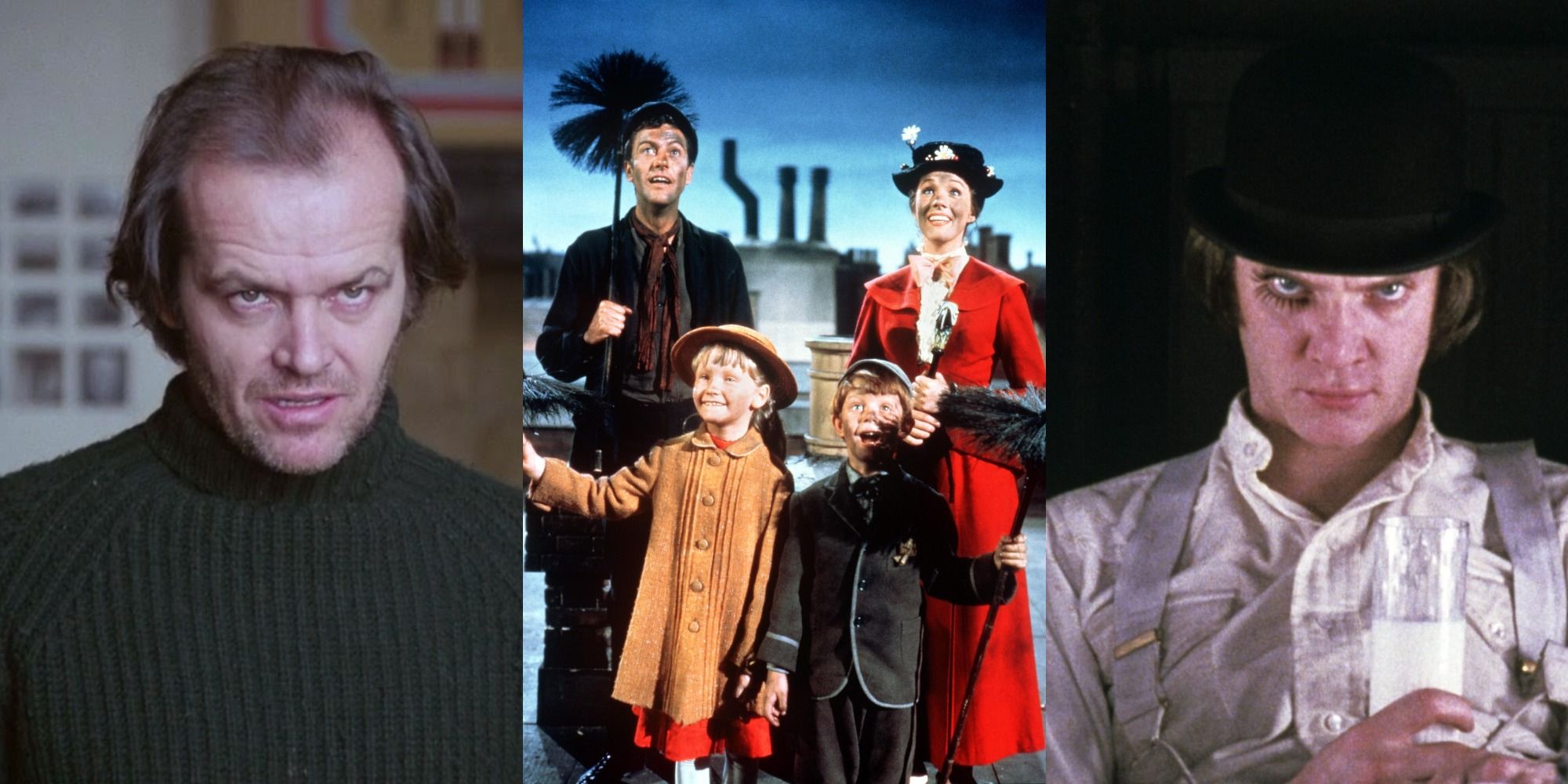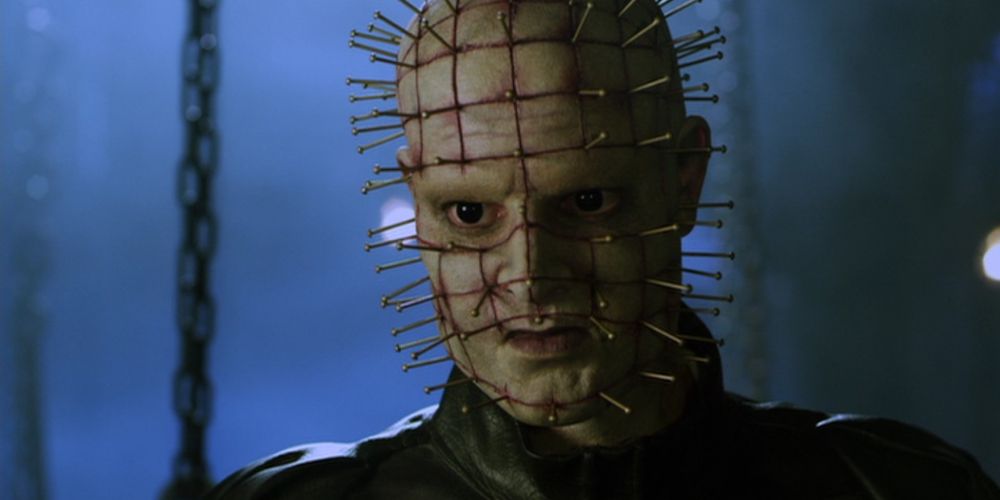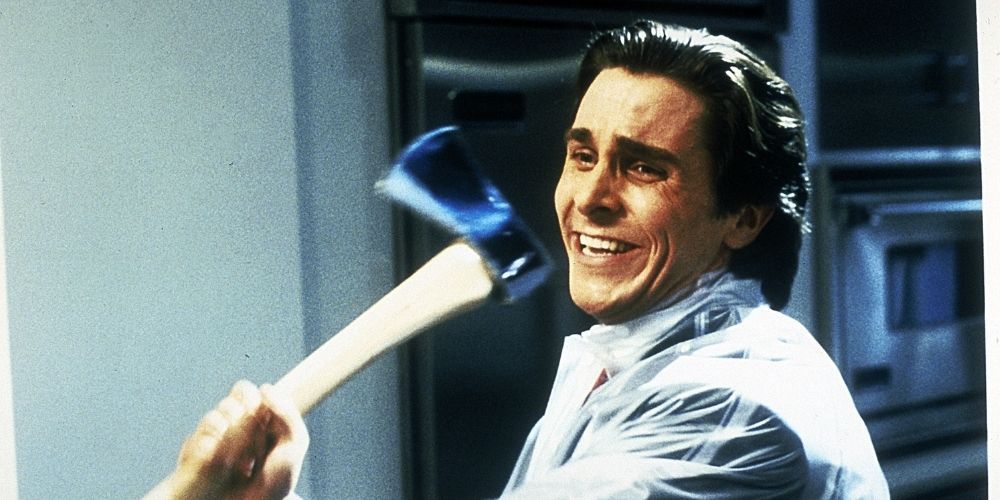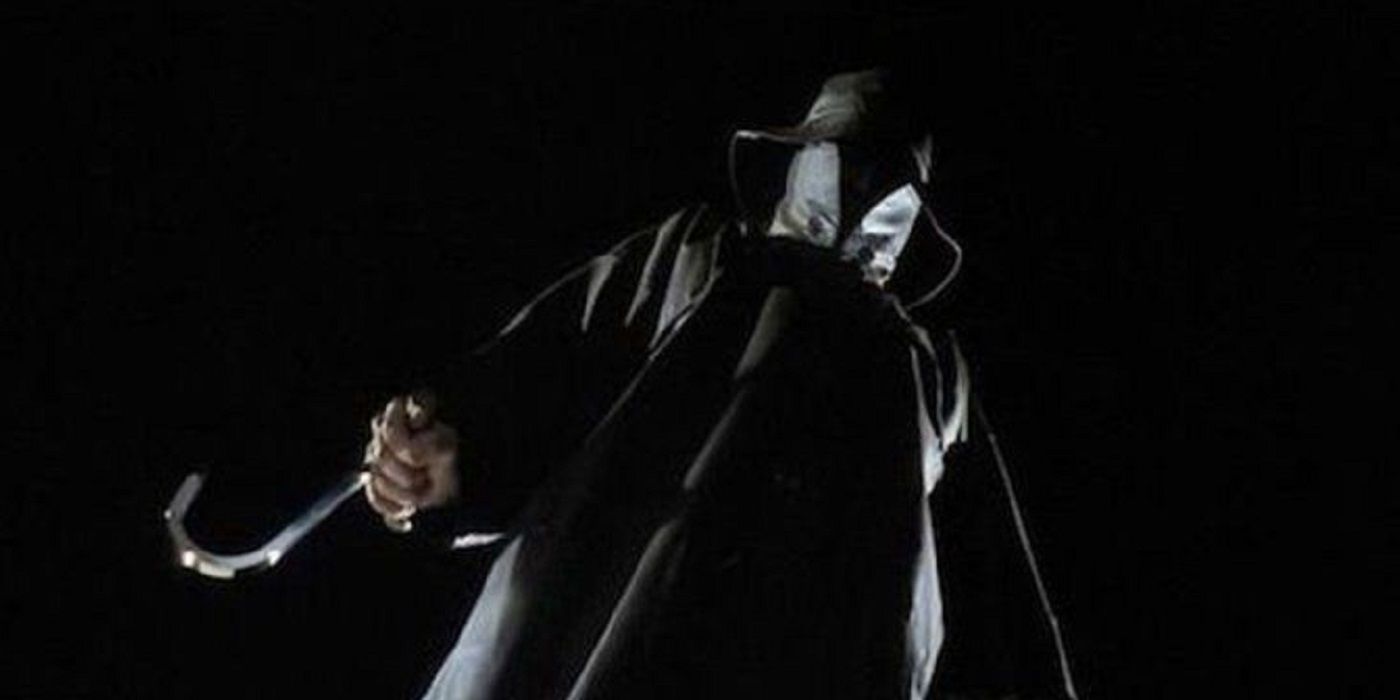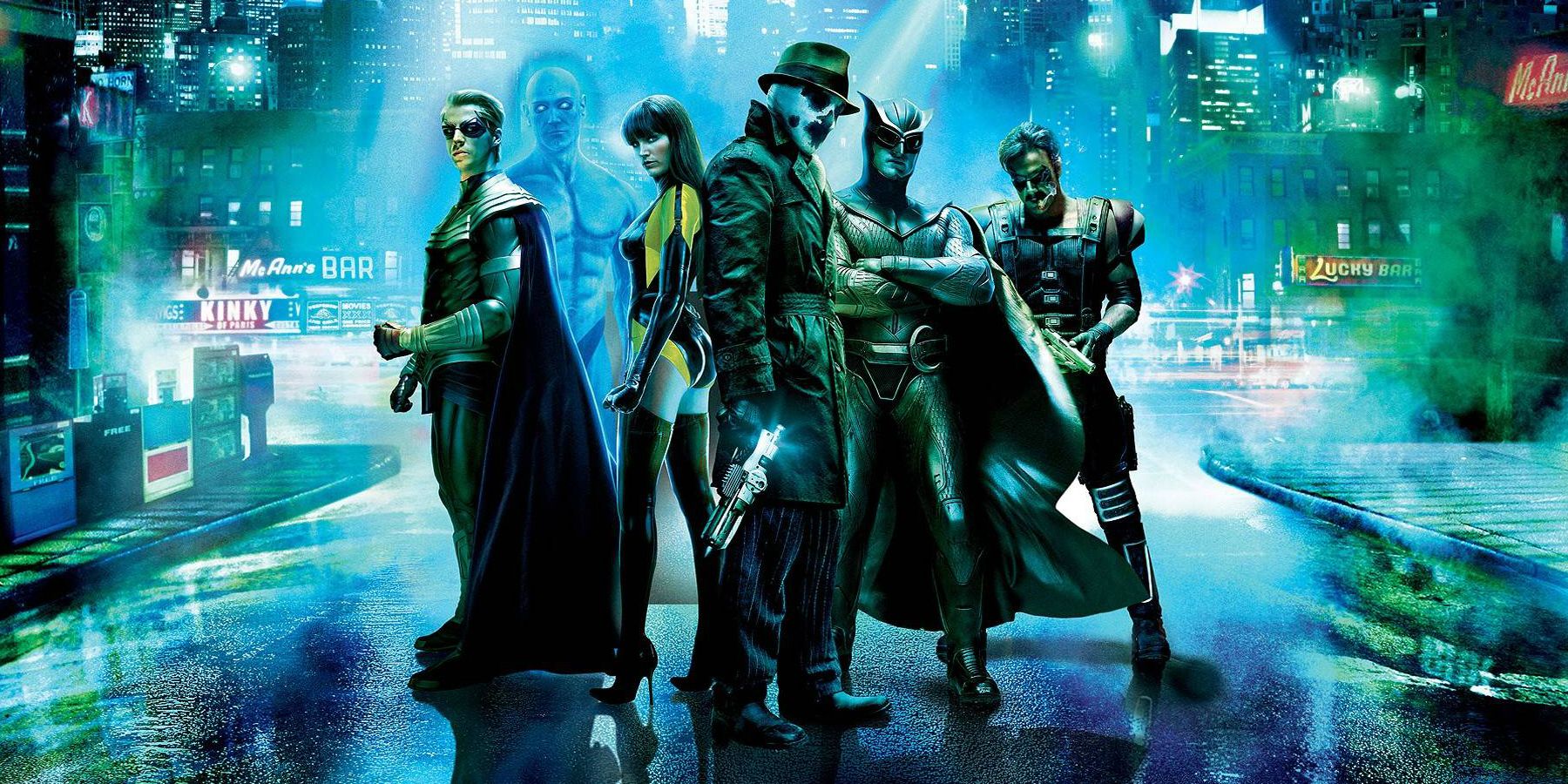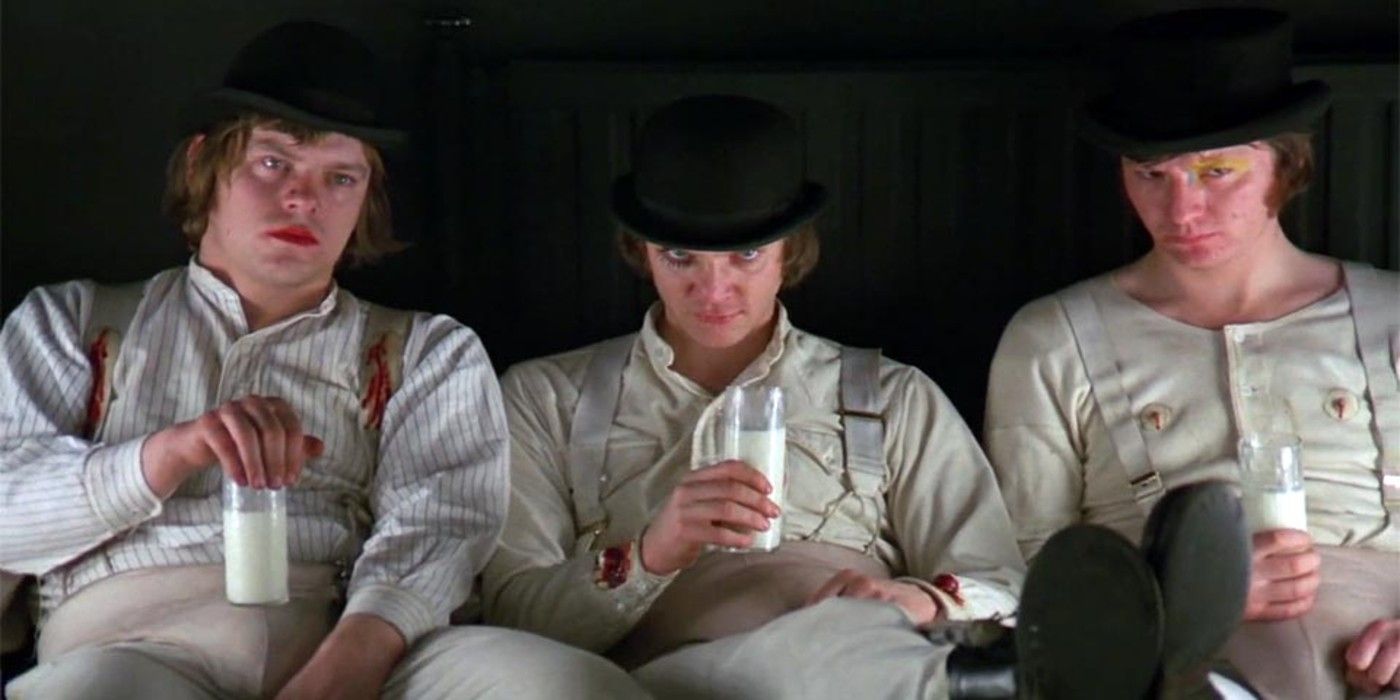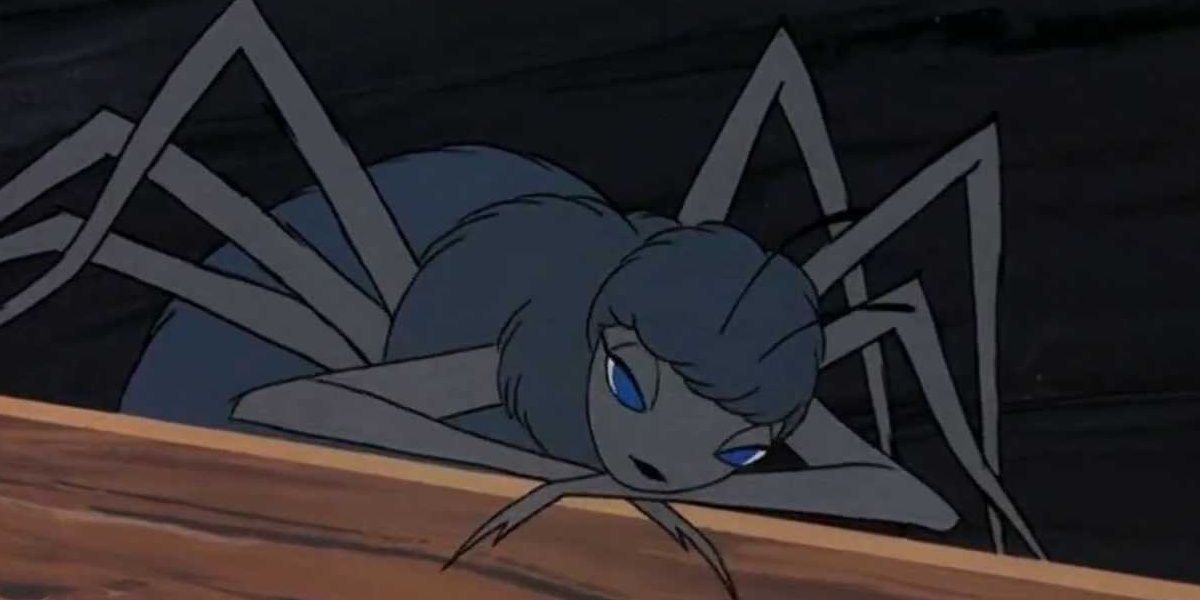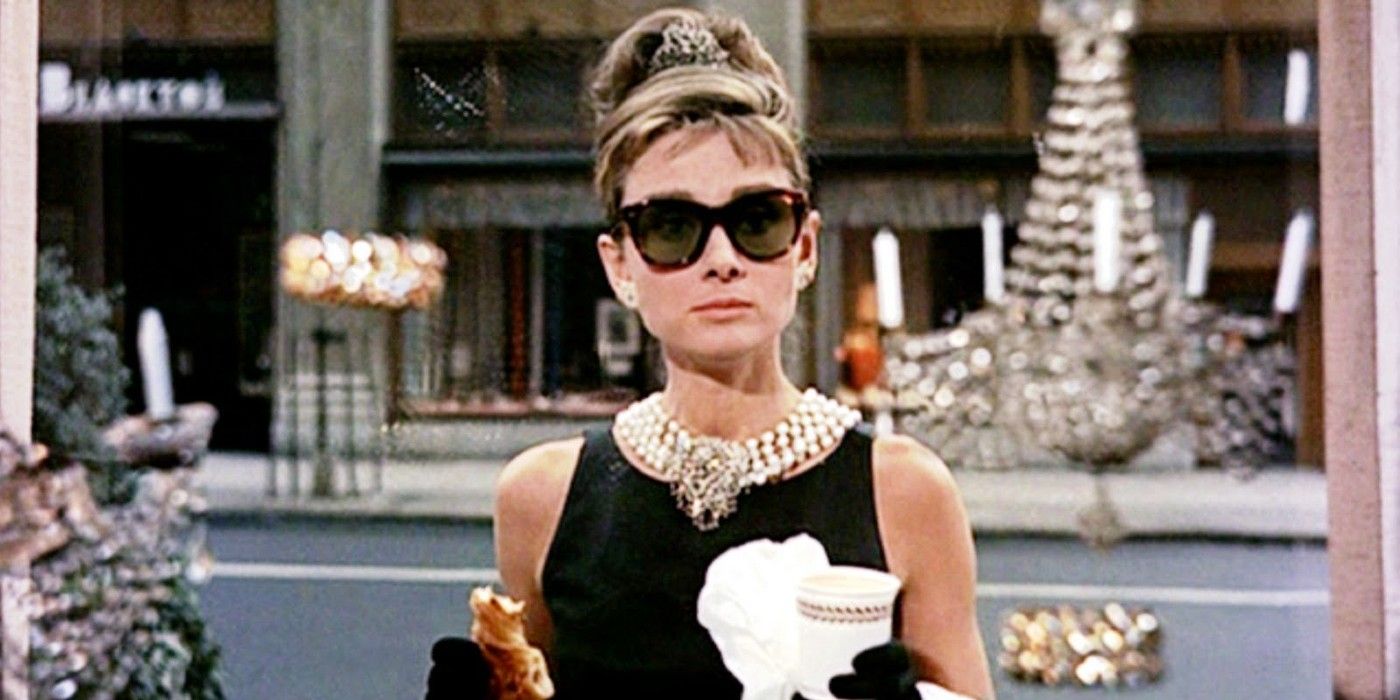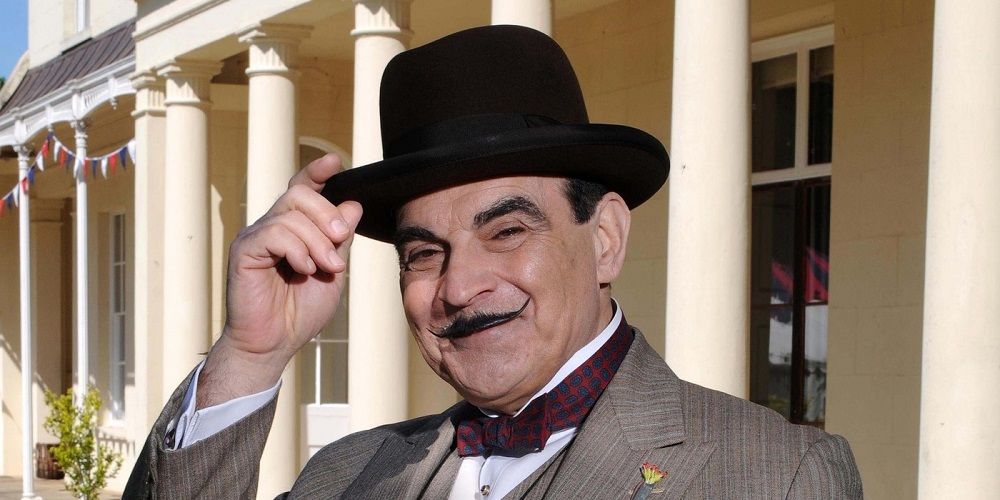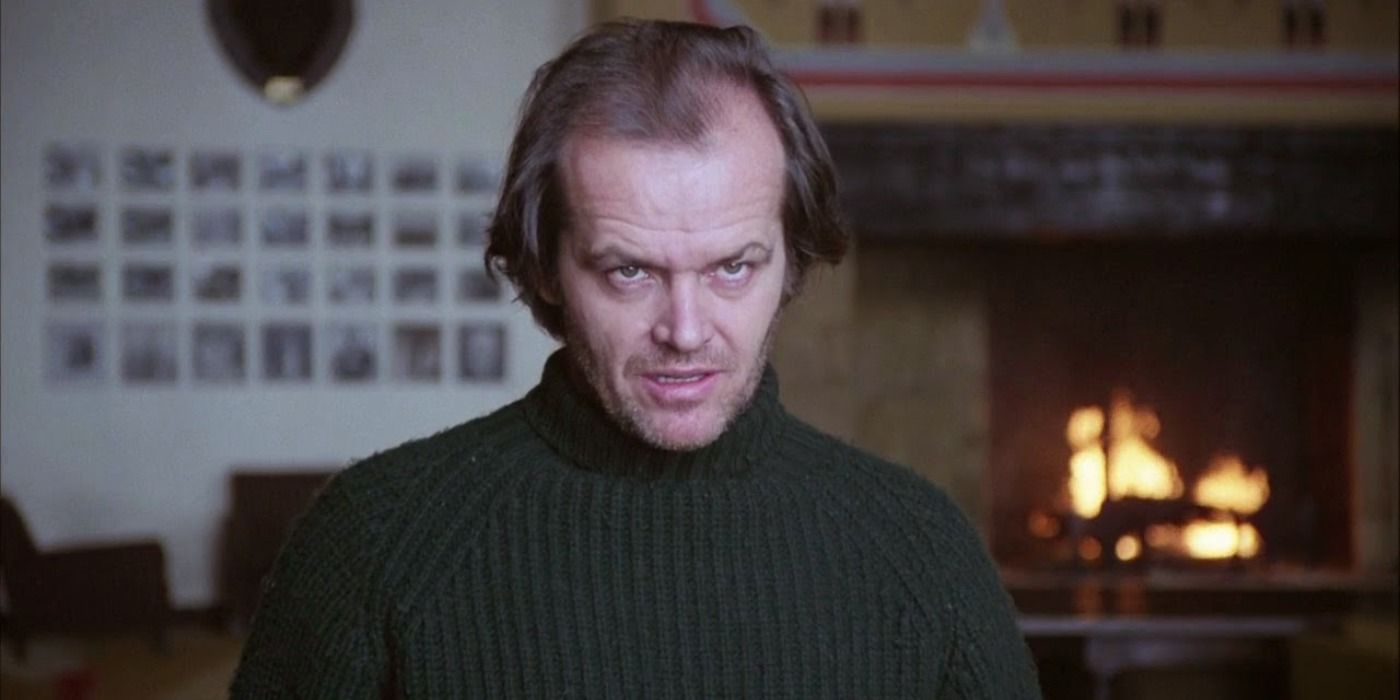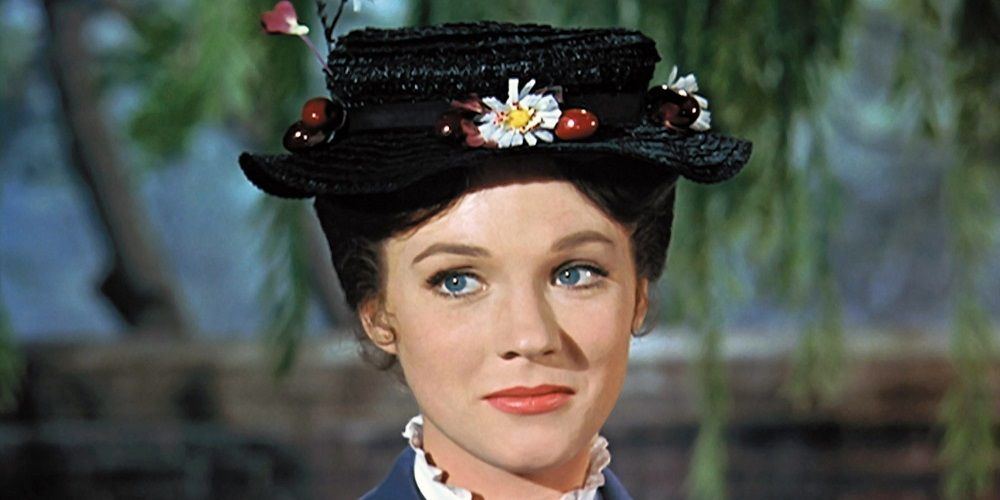Books being made into movies is a practice that has been around since the invention of modern motion pictures. But even after years of development and perfecting the art of filmmaking, bringing beloved novels to the big screen can still be a hit-and-miss affair. Granted, there are many adaptations that truly represent the works that inspired them, but then there are those that miss the mark so badly that the authors have to interject.
While many famous authors have actually adapted their own works for the big screen, those who have seen their words brought to life by others haven't always been so positive about the end results. On the contrary, there are many writers who found their movie adaptations downright detestable at best.
Clive Barker - Hellraiser: Revelations (2011)
Many fans of the Hellraiser series would agree that it should have probably stopped after Clive Barker left the production team. Based on his 1986 novella, The Hellbound Heart, Barker was an integral part of the original three movies, having directed and written the adaptations himself. But as successful as those films were, the sequels began veering further and further away from the source material.
The most blatant example is probably Hellraiser: Revelations, which deviates the furthest from Barker's original work, resulting in a completely bizarre viewing experience that received unanimously negative reviews. As for Barker himself, he's made it clear that he hates the film, even going so far as to post his thoughts in a very brutal Twitter post.
Bret Easton Ellis - American Psycho (2000)
American Psycho is not the easiest read, so making it into a horror film was always going to be a challenge. While Christian Bale definitely forged an iconic role in the silk suits and plastic ponchos of Patrick Bateman, IndieWire details how Bret Easton Ellis, the author, thought the filmmakers completely missed the point of his work.
The novel is one of the most dissected and discussed pieces of psychological literature. It's not about '80s excess, yuppie culture, or violent murders, but more about the consciousness of it all or even if it really matters in the first place, ideas that Easton Ellis clearly feels the filmmakers didn't quite grasp.
Lois Duncan - I Know What You Did Last Summer (1997)
It's one thing to miss the message of a book in the movie adaptation, but to almost completely change genres against the author's wishes is another. Anyone who has seen I Know What You Did Last Summer knows it as a '90s-era slasher film with a mysterious hook-wielding killer, but that wasn't the vision Lois Duncan had in mind when she penned the original novel.
On the contrary, the book was written as a suspense-heavy teenage drama meant for a YA audience. Being the mother of a murdered daughter also gave her more than enough reason to be enraged by the 1997 adaptation, as she disclosed in an interview with Absolute Write, which was later reported on by AV Club.
Alan Moore - Watchmen (2009)
Alan Moore is a giant in the comics industry, having penned some of the most epic stories ever brought to the panels of a graphic novel, and Watchmen is arguably one of his most famous works to date. With all that in mind, viewers and readers would think he would be fully on board with adapting one of his more thought-provoking works for the big screen.
However, IndieWire reports that Moore actually detests comic book adaptations and has been very vocal about it for years, even long after retiring from the industry. While Moore reportedly enjoyed the original screenplay for Watchmen, he has since voiced his distaste for turning his work into yet another superhero soap opera.
Anthony Burgess - A Clockwork Orange (1971)
Both the book and the movie adaptation of A Clockwork Orange were the cause of much shock and alarm when they first hit shelves and movie screens. Anthony Burgess' sci-fi dystopia featuring Alex and his gang of Droogs was rife with violence, scandalous scenes, and explicit content, and the Kubrick film was no different. But while Kubrick tried to remain close to the book, Burgess had other thoughts.
While he thought Kubrick was a master director, the infamy of both the book and the film began to cause understandable resentment, according to an article from the Anthony Burgess Foundation. Burgess described the project as a "radical remaking of his own novel" and he simply grew tired of defending the infamously explicit and ultraviolent adaptation of his sci-fi masterpiece.
E.B. White - Charlotte’s Web (1973)
While the Hanna-Barbera cartoon adaptation is very faithful and accurate to the book, E.B. White practically had to fight to keep it that way, according to Mental Floss. While the story of Wilbur and his eight-legged friend has delighted children of all ages for years on the page and on screen, White reportedly hated the animated adaptation.
Although the studio obliged his demands and played by his rules and his writing, both White and his wife/editor, Katherine Sergeant, hated the adaptation. White himself even went on to say he regretted that the film was even made.
Truman Capote - Breakfast At Tiffany’s (1961)
Those familiar with Truman Capote and his works will know that the author never had a problem with making his thoughts heard. While his arguably most famous piece, Breakfast at Tiffany's, would become one of the most beloved films of the era, BookRiot details that Capote himself had a very vocal hatred for it.
The film and book already have a somewhat sordid past, but Capote's vision was ultimately not met in the end. As any dedicated author would be, he was understandably and irritably enraged at the final product. From casting Audrey Hepburn over Marilyn Monroe to the frequent rewrites and changes, Capote spent most of his life condemning the film and its success.
Agatha Christie - Various Adaptations
Agatha Christie is one of the most accomplished writers in history with over 80 novels under her belt. And while she was practically a pro at adapting her work from the page to the stage, The Mousetrap still being one of the longest-running shows in the history of theatre, the film adaptations were another story.
Christie was notorious for her dissatisfaction with screen adaptations of her work, as reported by Radio Times. The author even developed a hatred for her beloved Hercule Poirot. Perhaps if she had gone on to direct her own adaptation, her detailed visions might have been met with more favor from the author.
Stephen King - The Shining (1980)
Stephen King's relationship with Stanley Kubrick's adaptation of The Shining is very infamously jaded. According to CBR, King was dissatisfied with a number of different factors, most notably the unhinged rendition of Jack Torrance Jack Nicholson brought to the successful movie, detecting the lack of sympathy for the character.
Described by the author as "a beautiful car with no engine in it," those who have both read the book and seen the film will note the major differences and come to an understanding of the author's point of view. That being said, The Shining is still one of the most studied and talked about horror films in the genre.
P.L. Travers - Mary Poppins (1964)
There is probably no author more vocal about the pure, unfiltered, unabashed hatred for a book-to-movie adaptation than P.L. Travers. Mary Poppins was considered Walt Disney's magnum opus, but that wasn't a view shared by Mary Poppins's creator and author.
As reported by Reader's Digest, Travers was by no means enthusiastic about Disney adapting her characters for the big screen and went to great lengths to make the process as difficult as possible. The fact that Walt Disney wanted to turn Mary Poppins into one of Disney's beloved movie musicals only fueled her fires. When the movie premiered, she was even said to be in tears over the animation segments.

